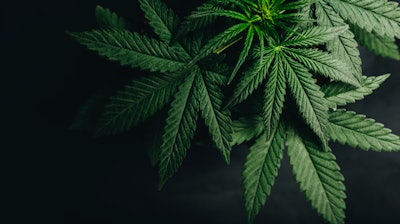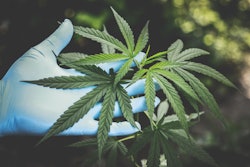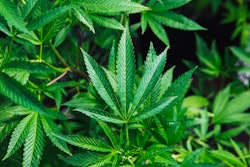
Global cannabis sales for 2020 will reach $19.7 billion, an increase of 38% over 2019 sales of $14.8 billion—even reflecting the impact of the COVID-19 pandemic—according to updated market forecasts published by BDSA (formerly BDS Analytics), the leader in comprehensive, accurate and actionable cannabis market intelligence and consumer research. Over the longer term, BDSA predicts global cannabis sales will reach $47.2 billion by 2025, a compounded annual growth rate (CAGR) of 22%.
“While the 2020 forecast is down less than 1% from the forecast released earlier this year, cannabis sales YTD have swung wildly in different states as a result of COVID-19,” said Roy Bingham, co-founder and executive chairman of BDSA. “Sales in many U.S. markets performed stronger than expected, resulting in upward forecast revisions for Colorado, Illinois, Michigan, New Mexico, Oklahoma and Oregon, while sales in Nevada dropped significantly and are struggling to recover. Nevada’s dependency on tourism, coupled with mandated delivery for the adult-use channel were largely responsible for Nevada’s performance.”
U.S. government restrictions on cannabis continue to hamper growth with the FDA’s prohibition on ingestible CBD products weighing heavily on sales in critical channels such as grocery and drugstores. State-regulated dispensaries and alternative channels including convenience and ecommerce are taking advantage of this regulatory environment to build a first-mover advantage. Downward pricing pressure across the largest markets is offset by the rapid adoption of cannabis products by new consumers, clearly indicated in BDSA’s research showing one-third of adults are open to, but not yet consuming cannabis regularly. New product formats and formulations are easing the exploration process for these cannabis Acceptors, posing both a risk and an opportunity for established CPG companies.
U.S. Market Update
The U.S. market is expected to reach $34.5 billion by 2025, a CAGR of 18%. The impact to the U.S. was generally positive, with dispensaries in most jurisdictions being declared essential services and allowed to continue operations. Additionally, stock-up behavior seen earlier in the year continued through the middle of the year. BDSA’s latest forecasts introduce proprietary algorithms driven by over six years of sales data fed into deterministic models to produce unique product category-level forecasts for every state in the U.S. Not surprisingly, the largest cannabis category in the U.S. is flower, although the dominance of flower is expected to decline by 2025.
Canadian and International Market Update
With a CAGR of 26%, BDSA predicts the Canadian market will grow to $6.1 billion by 2025. Internationally, BDSA forecasts cannabis sales to grow from $700 million to $6.5 billion by 2025. BDSA predicts an international CAGR of 45% between 2019 and 2025, broken down by Latin America (60%), Europe (42%) and the rest of the world (34%). Revisions to global market forecasts are primarily due to the impact of COVID-19, with top international contributors to growth including Mexico, Germany and the U.K.
“Whether you currently offer cannabis products, are a CPG manufacturer considering adding CBD to an existing product, or a retailer carrying or considering including products containing CBD on your shelves, to achieve success in this rapidly changing market, it’s critical to have both the latest data as well as insights based on deep historical experience,” added Bingham. “As more states legalize cannabis and other states relax restrictions, the market potential will continue to grow, but so will competition to gain share of consumers.”
These data reflect legal cannabis market forecasts. CBD market forecasts are also available and include CBD-dominant products (derived from marijuana or hemp) sold in dispensaries, pharmaceuticals, and CBD products in general retail (derived from hemp).
















